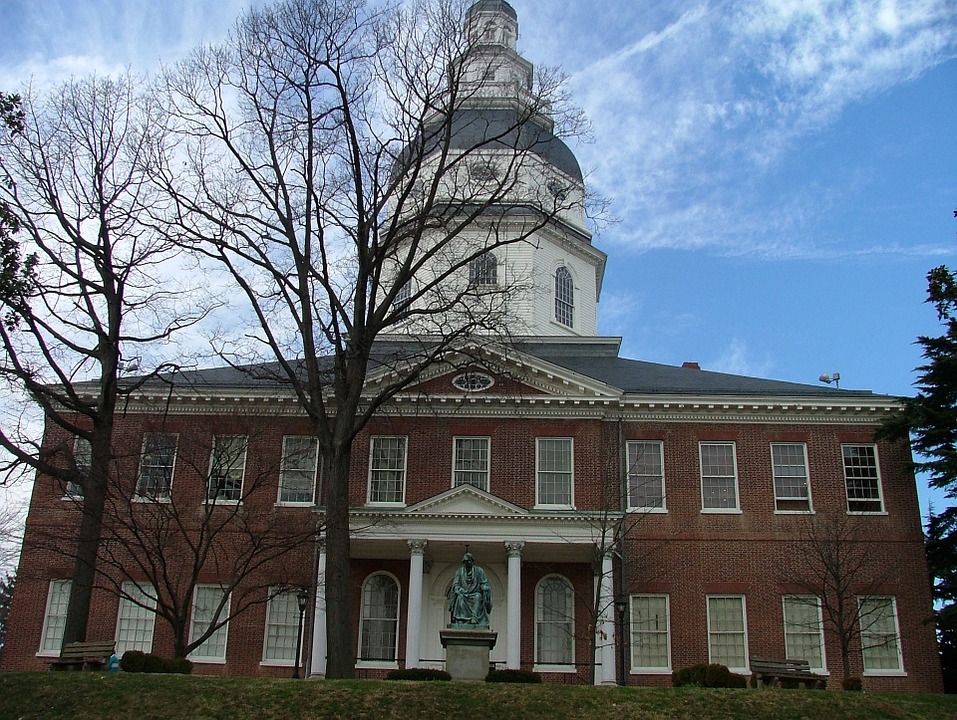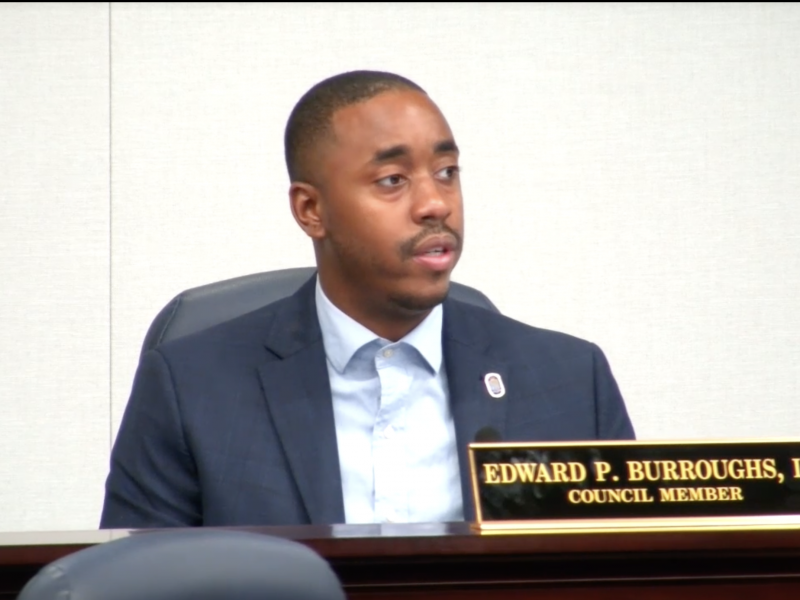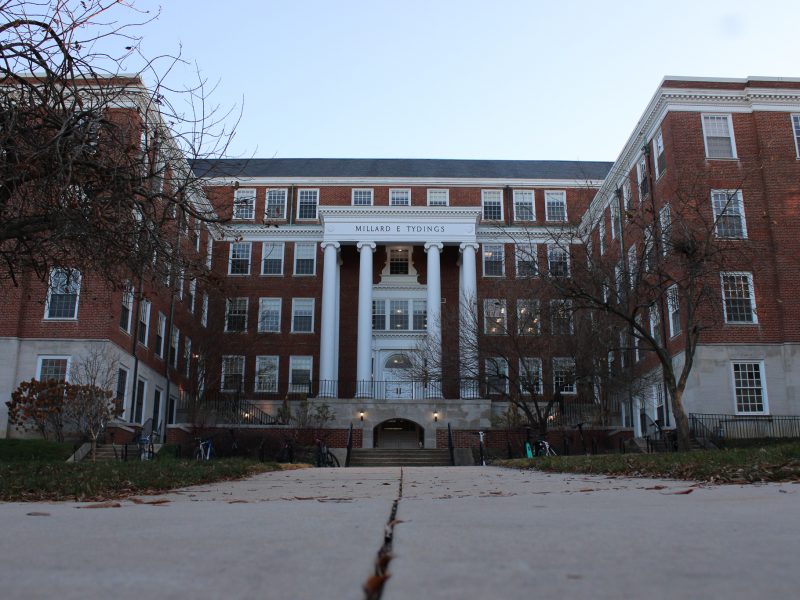The Strategic Partnership Act of 2016 to strengthen the relationship between this university and the University of Maryland, Baltimore will become law, as Gov. Larry Hogan announced he would not veto the bill in a news conference Tuesday.
The bill, which allows for an expanded, codified version of existing partnerships between the two universities, will pass into law without his signature and go into effect Oct. 1. The state General Assembly passed the bill March 31 after approval of both Senate and House of Delegates amendments to the text.
The law will unite the state flagship university with the professional schools located at the Baltimore campus, including its programs for medicine, nursing, dentistry, pharmacy, law and social work. The campuses began to work together under the 2012 MPower partnership, which expanded both collaboration and federal funding.
Hannah Marr, a Hogan spokeswoman, wrote in an email that “the administration was not comfortable with the manner by which SB 1052 was passed, nor with the mandated spending included in the bill.” Hogan declined to sign or veto several bills, including this one, which he favored conceptually but opposed for spending reasons.
The Department of Legislative Services is still working on the final updated fiscal and policy note for the legislation, but an earlier version estimated the bill would cost $4.5 million in fiscal year 2017 and up to $36.9 million by 2021.
Lawmakers significantly changed the text of the bill during the course of the legislative process in response to stakeholders concerned about the impact on the University System of Maryland and Baltimore City. Despite these changes, university President Wallace Loh expressed his satisfaction at the legislation’s text in its final form.
“I believe that really big changes — involving big institutions, lots of stakeholders — happen slowly. They don’t happen overnight,” he said. “My view is, and I’ve said this before, a partnership means two parties come together and work together, like in a marriage.”
As the bill creates one overarching University of Maryland with two campuses, according to the statute, this university will be renamed University of Maryland, College Park Campus, and UMB will be renamed University of Maryland, Baltimore Campus.
The law also requires both presidents to study and recommend “mechanisms” to the university system chancellor that would allow for joint reporting in university rankings, which legislators and officials hope would improve the national rank of the newly unified University of Maryland.
Under the original version of the bill, a single president, appointed by the Board of Regents, could one day preside over both campuses — a point of contention for UMB officials concerned about the campus’s potential loss of autonomy or identity. The approved bill keeps the two-president system in place.
In letters sent out March 30 and March 31 to his university’s student body, UMB President Jay Perman expressed his approval of the final version of the bill, which he called a “welcome step forward” in the partnership between the campuses.
“This version effectively formalizes the strategic partnership that exists between UMB and the University of Maryland, College Park; enables each institution to continue executing its missions and serving its constituents; and clarifies the autonomy of both campuses and both presidents,” he wrote.
Additional funding for other university system schools was added to the bill following concerns about the impact of the partnership on other state higher education institutions.
Student Government Association President Patrick Ronk, who advocated fir the bill throughout its consideration by the state legislature, said he was happy to “be here for a part of history.”
“I’ve seen so many schools across the country — Michigan, Berkeley, UNC — go into that upper echelon of great schools, even though they’re public, state-funded institutions. Under President Loh, there’s been such a drive to make Maryland a better school, to have a better education, focusing on research,” the senior government and politics major said. “This bill exemplified all the things we want to be.”
Officials hope the partnership will boost the profiles of both campuses, increase funding and create economic development and additional jobs in the state.
“If the law says, ‘This will be your priority,’ then this work continues,” Loh said, speaking about continuing the work of the MPower partnership. “If you have something that you think is good for the institution, it’s moving along well, you want to institutionalize it — so that it outlives the occupants of the president’s office. That becomes your historical legacy.”
CORRECTION: Due to a reporting error, a previous version of this story said the bill will go into effect July 1. It will go into effect Oct. 1. The article has been updated.



